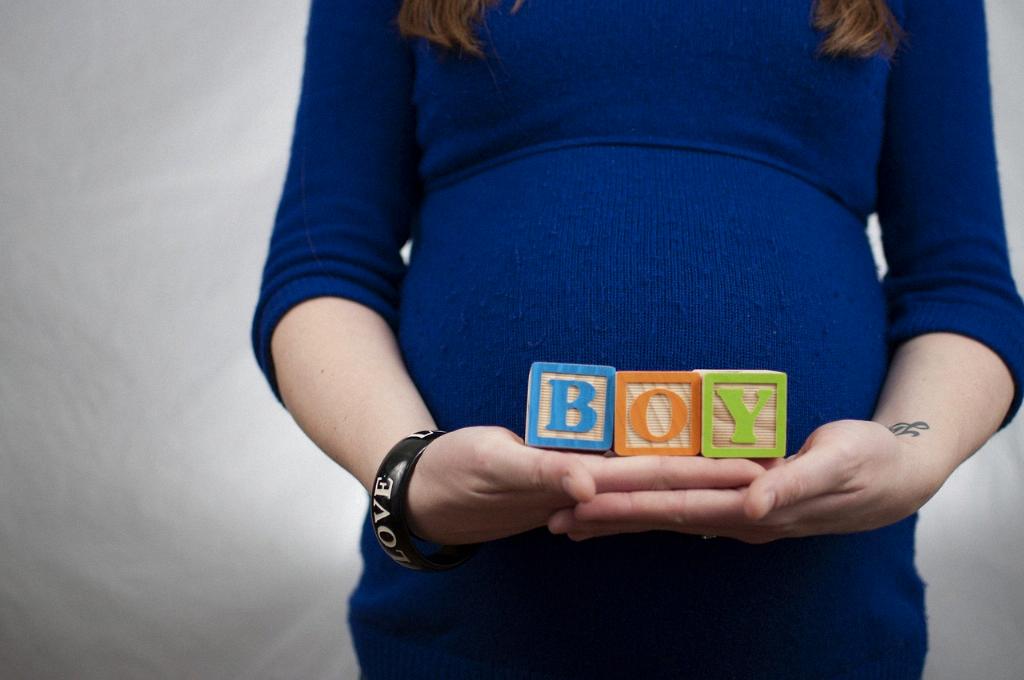Throughout pregnancy, many women experience various digestive issues, one of which is excessive burping. This symptom can be bothersome and uncomfortable, leading to questions about its causes and ways to manage it.
Understanding the Physiology
During pregnancy, the body undergoes numerous changes to accommodate the growing fetus. One significant factor contributing to increased burping is decreased gastric motility. This reduction in the movement of food through the digestive system slows down the overall digestion process.
Impact of Fetal Growth
As the pregnancy progresses, the enlarging fetus occupies more space within the abdominal cavity, causing the stomach and small intestine to be pushed upward. This displacement restricts the normal functioning of these organs, leading to a backup of gastric juices and air in the digestive tract.
Pressure on the Stomach
The pressure exerted by the expanding uterus on the stomach can also contribute to increased burping during pregnancy. This added force can cause the contents of the stomach to be pushed upwards, triggering episodes of belching.
Hormonal Changes
Pregnancy hormones, such as progesterone and relaxin, play a vital role in preparing the body for childbirth. However, these hormones can also relax the muscles in the digestive tract, including the lower esophageal sphincter (LES). A weakened LES can allow stomach acid to flow back up into the esophagus, leading to burping and acid reflux.
Dietary Factors
What you eat and drink can also influence burping frequency during pregnancy. Consuming carbonated beverages, spicy foods, fatty meals, or large portions can increase the production of gas in the digestive system, resulting in more frequent burping.
Emotional Factors
Stress and anxiety are common experiences during pregnancy, which can affect digestion and lead to excessive burping. Managing stress through relaxation techniques, such as deep breathing exercises or prenatal yoga, may help reduce burping episodes.
Positional Considerations
Changing positions, particularly after meals, can impact burping frequency. Sitting or standing upright can help gravity assist in pushing the gas out of the stomach, reducing the likelihood of burping.
Hydration and Meal Timing
Drinking an adequate amount of water throughout the day and staying hydrated can aid in digestion and prevent excessive gas buildup. Additionally, spacing out meals and avoiding eating large meals close to bedtime can alleviate burping associated with indigestion.
Physical Activity
Engaging in regular physical activity, such as walking or prenatal exercises, can promote healthy digestion and reduce bloating and burping. Consult with your healthcare provider to determine safe and suitable exercise routines during pregnancy.
Medical Conditions
In some cases, underlying medical conditions like gastroesophageal reflux disease (GERD) or gastritis can contribute to frequent burping. If burping is accompanied by other concerning symptoms like chest pain, difficulty swallowing, or persistent heartburn, seek medical attention promptly.
Seeking Relief
If excessive burping during pregnancy is causing discomfort or affecting your quality of life, consider implementing lifestyle changes such as eating smaller, more frequent meals, avoiding trigger foods, and practicing stress-reducing techniques. Consult with your healthcare provider for personalized recommendations and guidance.
Final Thoughts
Experiencing increased burping during pregnancy is a common occurrence due to various physiological, hormonal, and dietary factors. By understanding the reasons behind this symptom and making adjustments to your lifestyle and eating habits, you can effectively manage burping and promote overall digestive wellness during this transformative time.

